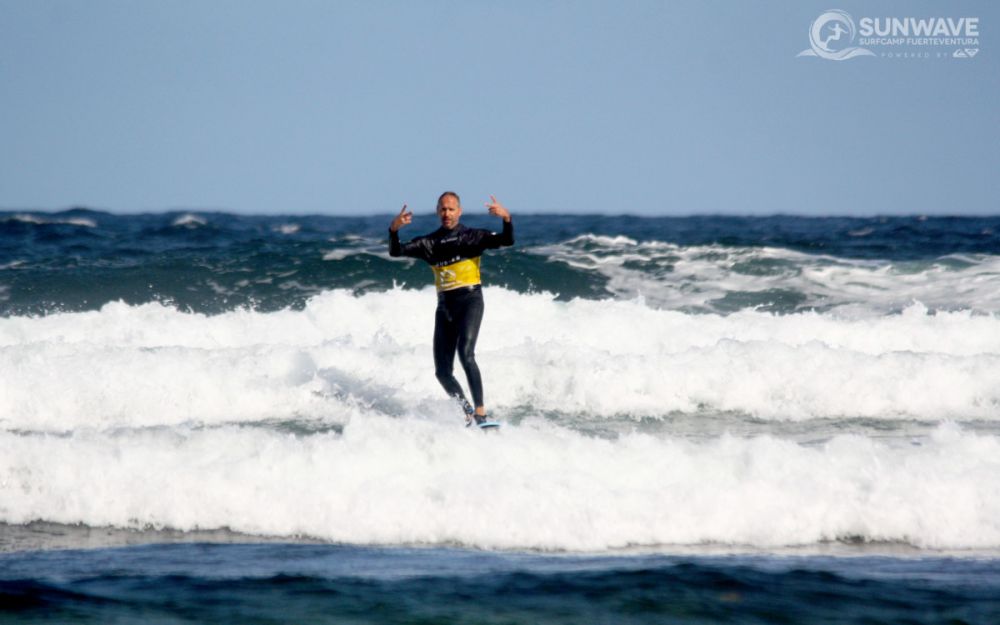
6 surf tips for every novice surfer
So you want to take up surfing? While surfing is a sport where there is no specific “right” or “wrong” technique, there are some common surfing practices that can make learning to surf and your time in the water more fun. Here are a few of our top surf tips that can help you get started
1. Choose Wisely
Not all beaches or breaks are the same, and you really need to learn how to read a wave and the conditions before jumping into the water. Some waves/breaks can look decivingly safe and for your level, however the failure in being unable to read currents, rips and how the wave is breaking can sometimes cost you the joy of learning to surf, Sometimes the spots you hear about the most, aren’t the best place to learn. Take into account the size and shape of the waves (hint, slower moving, sloping waves are easier and more forgiving for beginners), as well as the number of people in the water. Try to stay away from crowds. Having more space around you makes it easier to learn as you’re figuring out how to maneuver your board. Plus, you’ll stay out of the way of cranky locals who might be a bit protective of their go-to surf spot.
2. Watch and Learn
Once you’ve found a spot that has some room and some waves, take a moment and observe. How much time is there in between each wave? Are some waves bigger than others? When talking about waves, we’re talking swell, period and direction. How big the waves are, how far they are apart, and which direction they’re coming from. Waves arrive in sets, which are usually similar each time. If you take note of the pattern of size, timing and direction, it’ll help you know when to paddle out and when to paddle for a wave.
3. Warm Up
While you’re watching the waves, you can make good use of your time by warming up a bit. Surfing is a very physical sport, and unless you swim regularly, it uses muscles that are often neglected in daily life. Especially if the water is cold, it’s a good idea to do a little stretching or jumping around to get your body warmed up. The muscles around your shoulders and hips are especially important in surfing. But, anything that elevates your heart rate and gets blood flowing before you hit the water, will help you have a better surf session.
4. Don’t Give Up!
Nearly any surfer will tell you, surfing is a difficult sport that can also be intensely rewarding, so give yourself time to learn. It’s never a bad idea to take a lesson to quickly gain the basic skills and even if you’ve been at it a while, having someone observe and suggest adjustments can be extremely helpful. Any day you’re able to get out in the water is a good day. Enjoy your time with the ocean, watch the waves as often as you can and you’ll be riding waves before you know it.
5. The Dreaded Flats
You’re stoked, you’re ready to learn and conquer this surfing thing. But the waves are just not cooperating. The ocean is flat as a lake, not a ridable wave to be seen. Don’t worry, there are still ways you can improve your surfing. Flat days are the perfect time to just go paddle. Paddling is an important part of catching waves, plus it’s a great workout. Even if you’re not near the ocean you can practice pop-ups. Lay on your stomach like you’re on a board and practice doing a push up like movement to jump up to standing sideways, like you’re riding a wave. This is a tricky maneuver to master and even surfers who’ve been at it years aim to get faster and more nimble at this move. Keep practicing your dry-land maneuvers and when the waves return, you’ll be stronger than ever and ready to ride.
6. Post-Sesh
Developing good habits for after your surf session is always a good idea. You’ve got to take care of yourself and your equipment so you can return to surf another day! Always rinse out your wetsuit or rash guard and make sure you equipment is able to dry out fully in an area with good circulation. Stay away from direct sunlight though, UV rays are damaging to neoprene wetsuit materials, fiberglass and foam surfboards. Once you’ve got your gear settled, make sure you drink plenty of water and grab a snack. Often surfing is so fun, you don’t realize how much energy you’ve exerted. Just like after a good workout, it’s important to rehydrate and refuel.
Follow these tips and you’ll be well on your way to getting started with surfing. We’ll see you out in the water!
25.04.2017 /Categories: fuerteventura, surf camps, surf course


